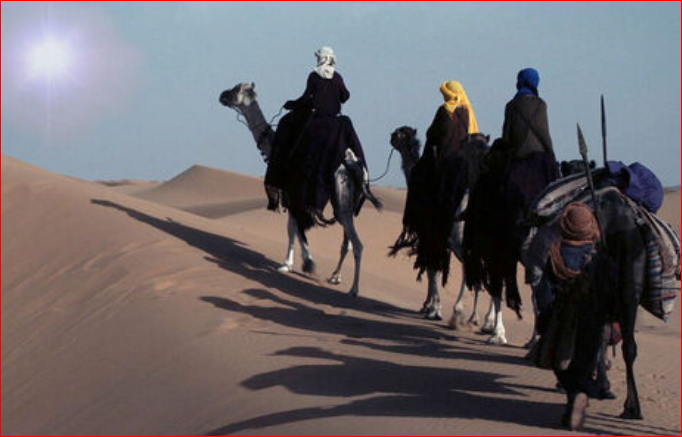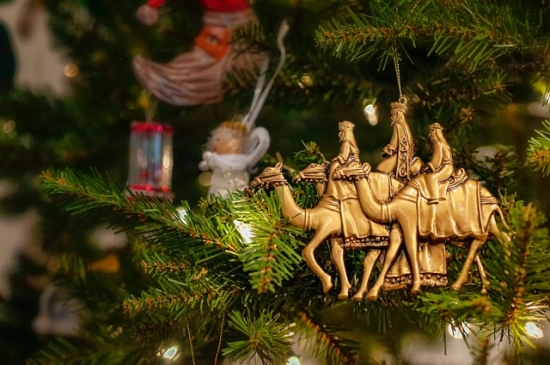3019. Abraham said unto his servant, the elder of his house. That this signifies the arrangement in order and influx of the Lord in His natural, which is the “servant the elder of the house,” is evident from the signification here of “saying” as being to command, because it is said to a servant; and as the subject here treated of is the disposition by the Divine of the things that are in the natural man; “to say” denotes to arrange in order and to flow in; for all that is done in the natural or external man is arranged in order by the rational or internal man, and is effected by influx. That the “servant the elder of the house” is the natural, or the natural man, is evident from the signification of “servant,” as being that which is lower and which serves what is higher; or what is the same, that which is outer and serves what is inner (see n. 2541, 2567). All things that are of the natural man, such as memory-knowledges of whatever kind, are nothing but things of service; for they serve the rational by enabling it to think equitably and will justly. That the “elder of the house” is the natural man, may be seen from what follows.








